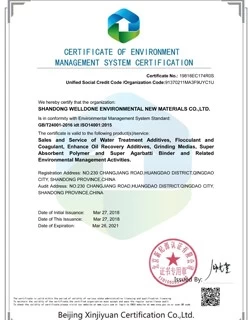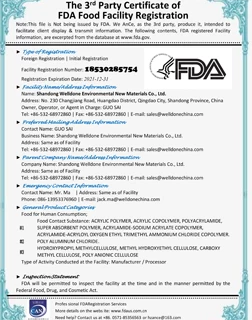why use HEC in coating industry
Hydroxyethyl cellulose (HEC) is a white or light yellow, odourless, non-toxic fibrous or powdered solid, prepared by etherification of basic cellulose and ethylene oxide (or chloroethanol), a non-ionic soluble cellulose ether. HEC has been widely used in oil extraction, coatings, construction, pharmaceuticals and food, textiles, paper and polymerisation reactions due to its good thickening, suspending, dispersing, emulsifying, bonding, film forming, moisture protection and protective colloid properties.
As a non-ionic surfactant, hydroxyethyl cellulose (HEC) also has the following properties in addition to the properties mentioned above:
Hydroxyethyl cellulose (HEC) is soluble in hot or cold water, and it does not precipitate at high temperature or boiling So it has a wide range of solubility and viscosity。
The water retention capacity of hydroxyethyl cellulose (HEC) is double that of methyl cellulose (MC), and it has better flowing adjust-ability.
Hydroxyethyl cellulose (HEC) is an excellent colloidal thickener with high-concentration electrolyte solutions, which can coexist with a wide range of other products like water-soluble polymers, surfactants and salts, etc.
Compared with methyl cellulose (MC)and hydroxypropyl methyl cellulose (HPMC), hydroxyethyl cellulose (HEC) has the worst dispersing power but the strongest colloid protective capability.




.jpg.webp)

